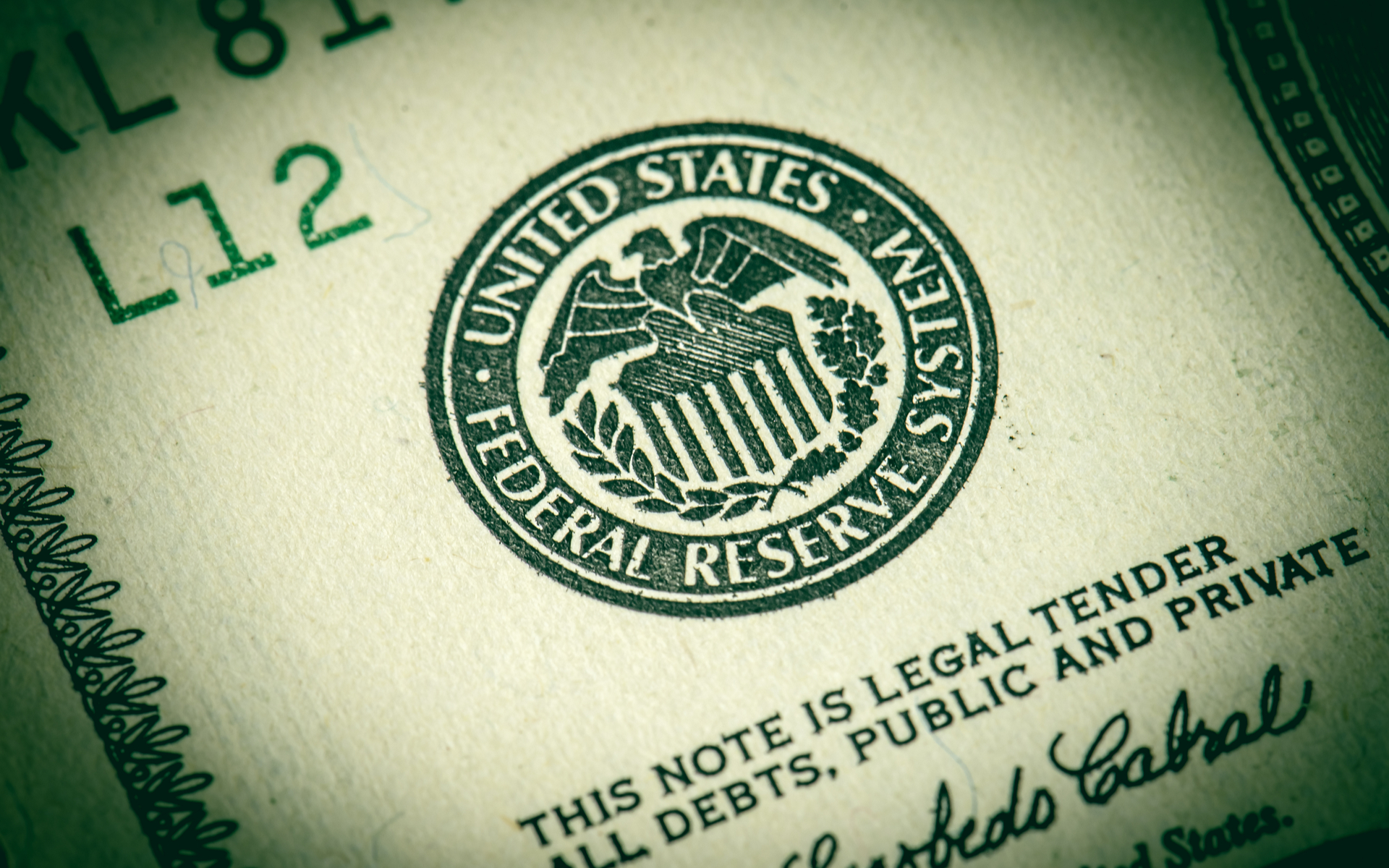PALO ALTO, Calif. (Reuters) - The Federal Reserve is taking a look at a broad range of problems around digital payments and currencies, consisting of policy, design and legal factors to consider around potentially releasing its own digital currency, Governor Lael Brainard stated on Wednesday. Brainard's remarks suggest more openness to the possibility of a Fed-issued digital coin than in the past." By changing payments, digitalization has the possible to deliver higher value and benefit at lower cost," Brainard stated at a conference on payments at the Stanford Graduate School of Service.
Reserve banks worldwide are disputing how to handle digital financing innovation and the dispersed journal systems used by bitcoin, which guarantees near-instantaneous payment at potentially low expense. The Fed is establishing its own round-the-clock real-time payments and settlement service and is presently reviewing 200 remark letters submitted late last year about the proposed service's design and scope, Brainard stated.
Less than 2 years ago Brainard informed a conference in San Francisco that there is "no engaging demonstrated requirement" for such a coin. But that was before the scope of Facebook's digital currency aspirations were extensively understood. Fed officials, consisting of Brainard, have actually raised issues about consumer protections and data and privacy dangers that could be postured by a currency that could enter into use by the 3rd of the world's population that have Facebook accounts.
" We are teaming up with other reserve banks as we advance our understanding of reserve bank digital currencies," Click here to find out more she stated. With more nations checking out releasing their own digital currencies, Brainard said, that adds to "a set of reasons to also be ensuring that we are that frontier of both research study and policy development." In the United States, Brainard said, problems that require study consist of whether a digital currency would make the payments system safer or easier, and whether it could posture monetary stability dangers, consisting of the possibility of bank runs if cash can be turned "with a single swipe" into the reserve bank's digital currency.
To counter the monetary damage from America's unprecedented nationwide lockdown, the Federal Reserve has taken unprecedented actions, consisting of flooding the economy with dollars and investing directly in the economy. The majority of these relocations received grudging acceptance even from many Fed skeptics, as they saw this stimulus as needed and something only the Fed might do.
My new CEI report, "Government-Run Payment Systems Are Risky at Any Speed: The Case Against Fedcoin and FedNow," details the threats of the Fed's current plans for its FedNow real-time payment system, and propositions for main bank-issued cryptocurrency that have actually been dubbed Fedcoin or the "digital dollar." In my report, I discuss issues about personal privacy, data security, currency control, and crowding out private-sector competitors and innovation.

Advocates of FedNow and Fedcoin say the federal government should produce a system for payments to deposit instantly, rather than motivate such systems in the personal sector by lifting regulative barriers. However as noted in the paper, the private sector is offering a relatively endless supply of payment technologies and digital currencies to resolve the problemto the extent it is a problemof the time https://s3.us-east-1.amazonaws.com/legacyresearchgroup2/index.html space between when a payment is sent and when it is received in a checking account.
And the examples of private-sector development in this location are many. The Cleaning Home, a bank-held cooperative that has been routing interbank payments in numerous types for more than 150 years, has been clearing real-time payments given Click for source that 2017. By the end of 2018 it was covering 50 percent of the deposit base in the U.S.